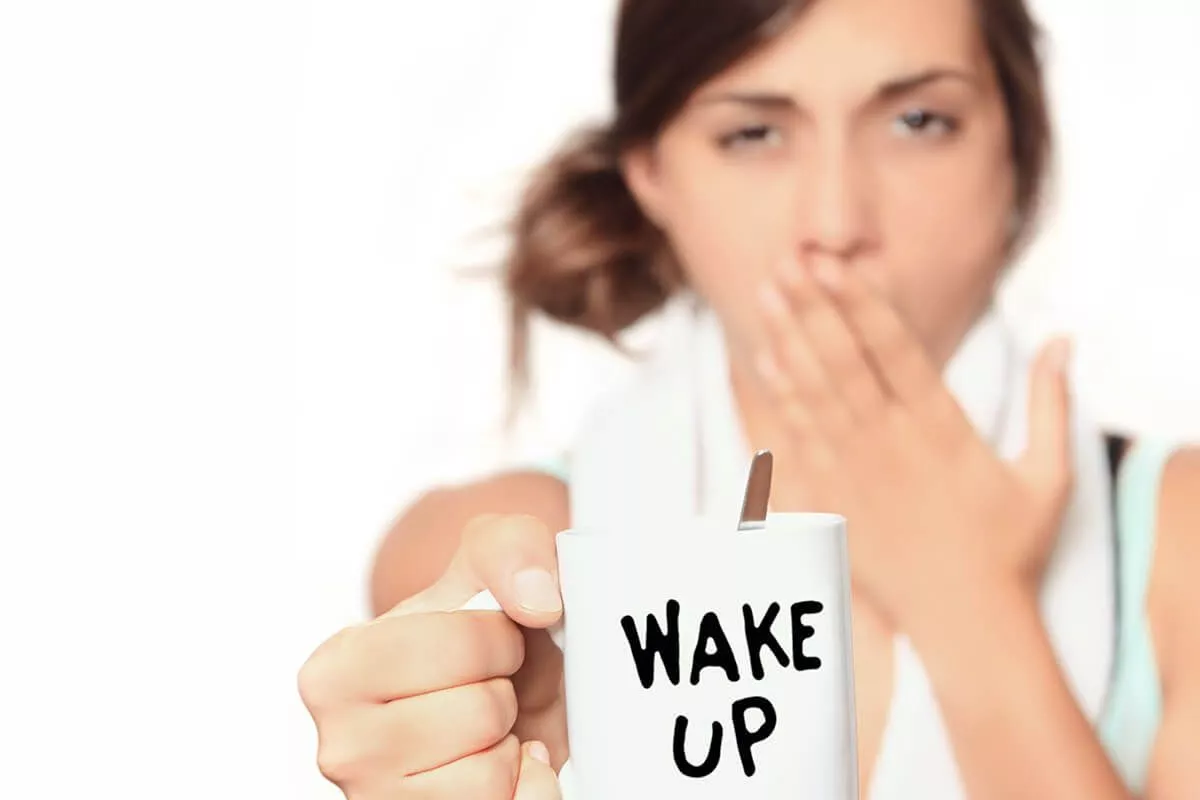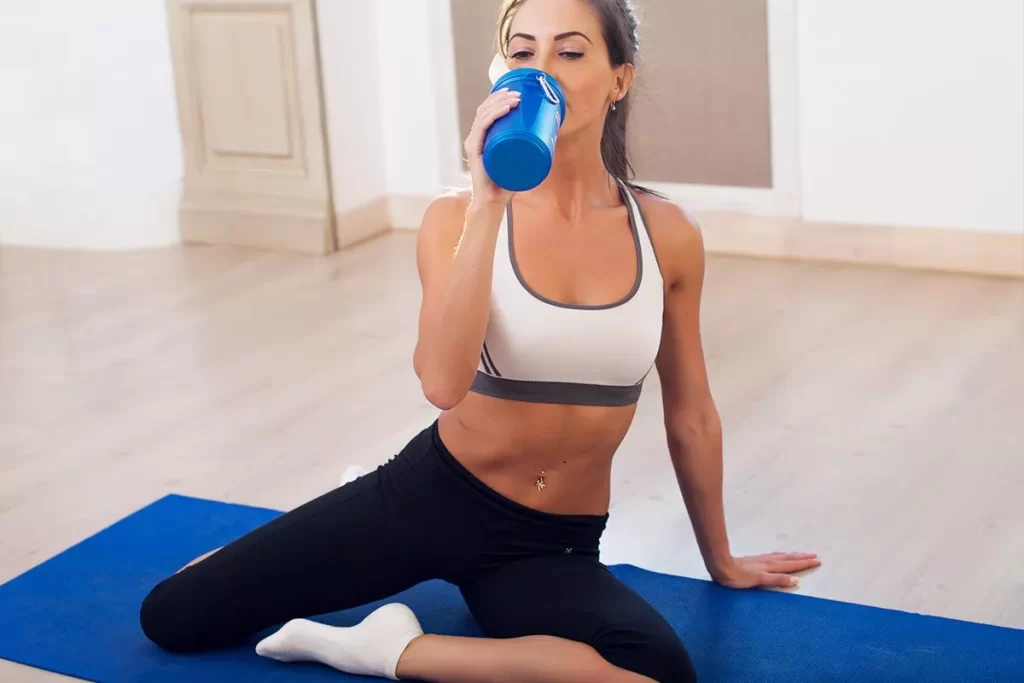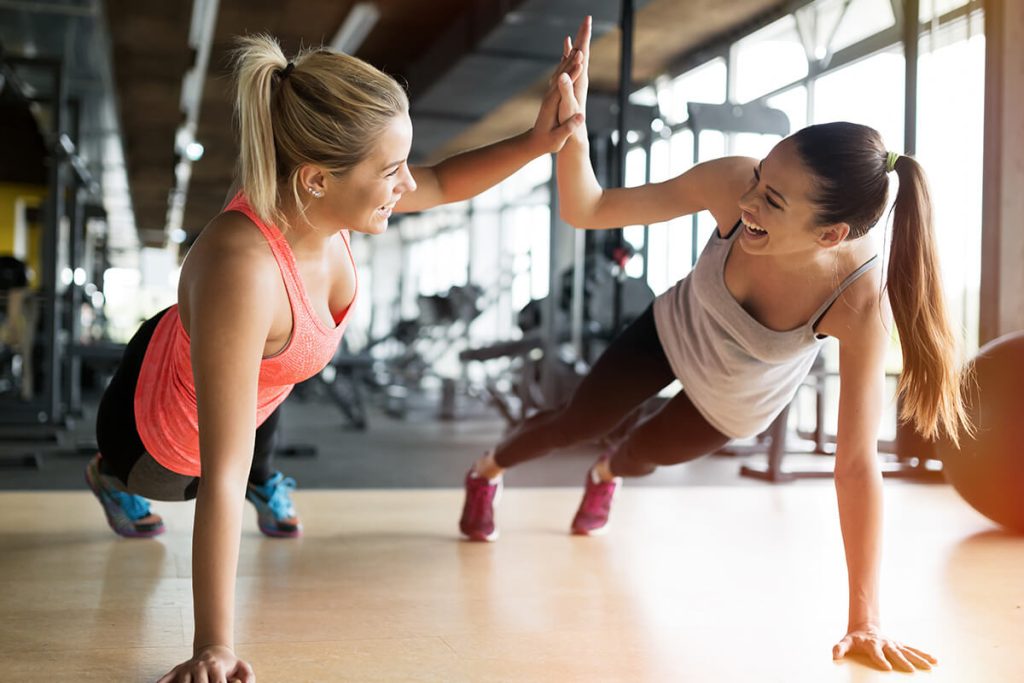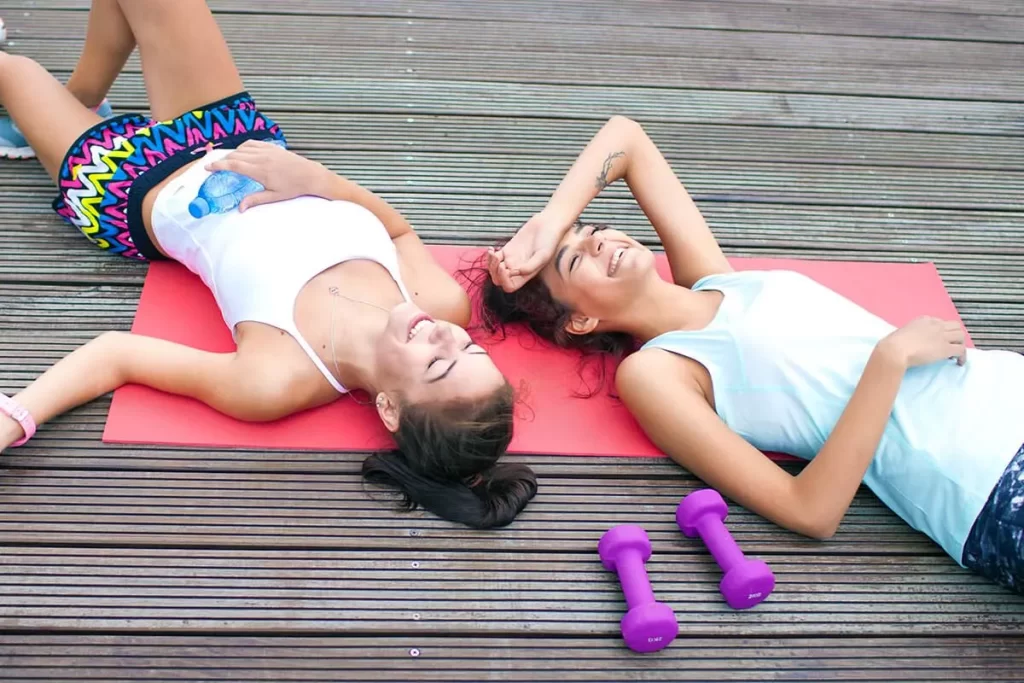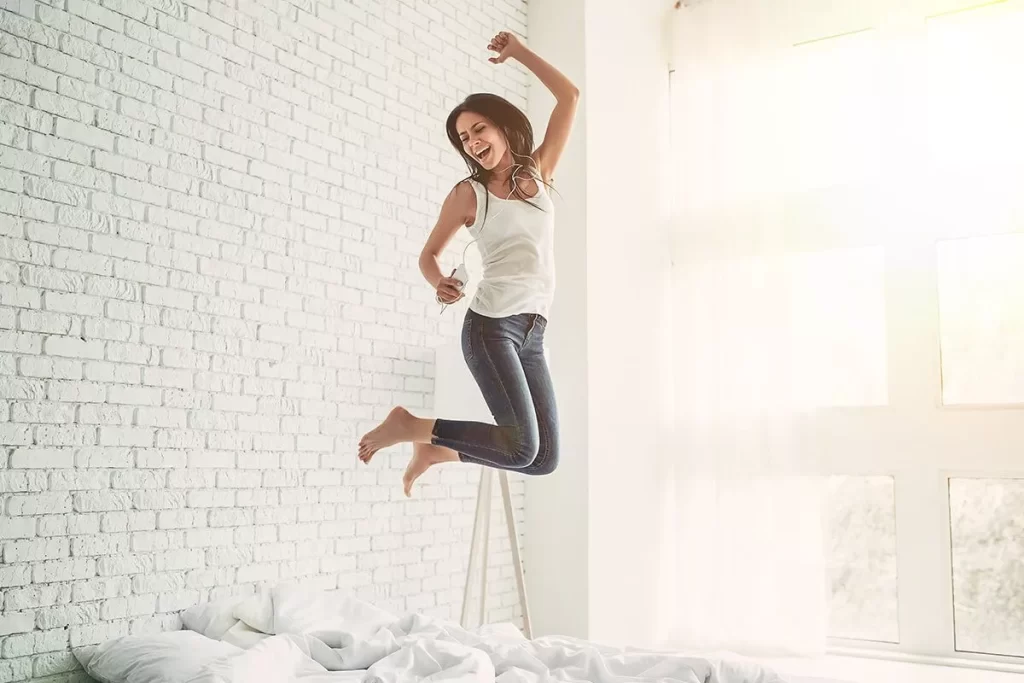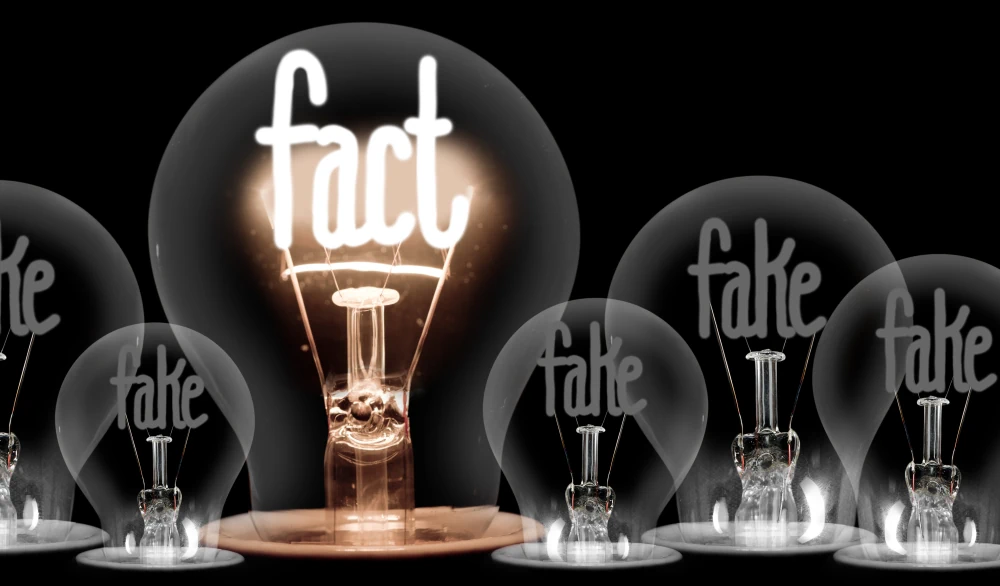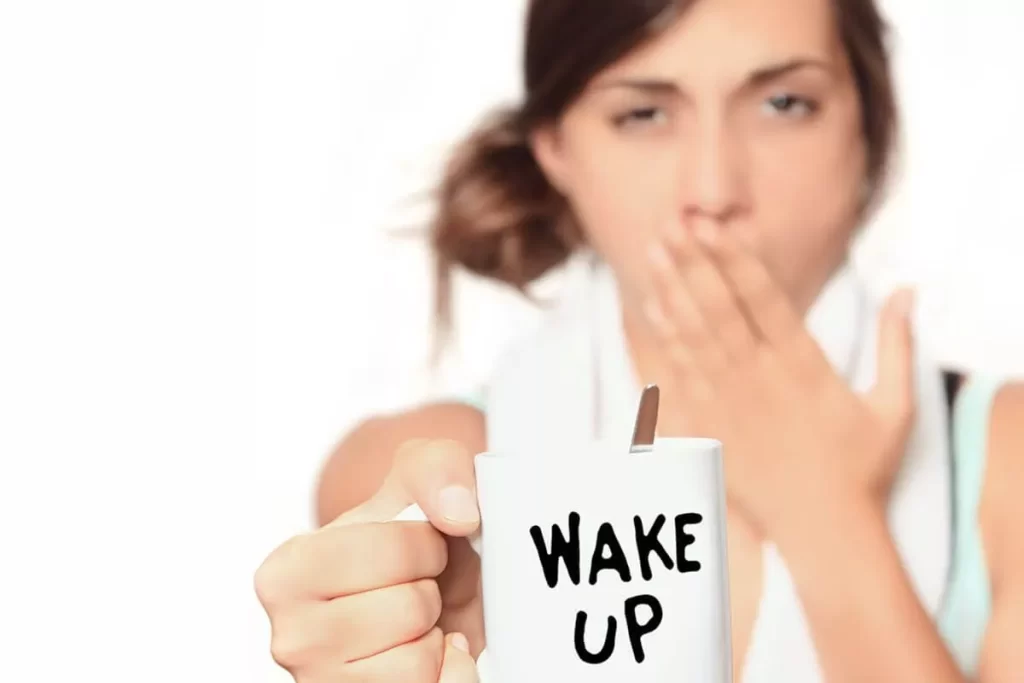There’s nothing like that glorious, rested feeling of waking up after a long, deep sleep. On the flipside, there are few worse things than waking up of a week day feeling like you only just shut your eyes. Watch out, world!
It’s no secret that the duration and quality of sleep we get each night can influence our moods, our cognitive ability, our energy levels, and our motivation. Which is why it makes so much sense to prioritise a good night’s sleep: you’ll likely perform better at work, have a slimmer waistline, and you’ll be an all-round nicer person to spend time with.
Still not convinced? Too little sleep can increase your risk of heart disease, can cause you to overeat, and can even worsen the effects of mental illness. No thanks! So, to help you get a better night’s sleep, every night, here are 5 science-based strategies to turn to when counting sheep just doesn’t cut it.
Put down the smartphone
One of the best ways to improve your sleep is to minimise exposure in the evening to blue light from computer, tablet and phone screens, says Associate Professor Steven Lockley, a scientist from Harvard University and a consultant to Monash University. “If you’re using a blue light source like an iPad or laptop in the evening, this may shift your [body] clock later,” Professor Lockley told the ABC’s 7.30 program. “What we would ask everyone to do…is to avoid using those types of devices before bed…and having more exposure to a red or a warmer colour in the evening.” No excuses.
No watching The Bachelor in bed
The National Sleep Foundation recommends removing all distractions – work, television, computers… anything that isn’t calming – from your bedroom. “Use your bed only for sleep and sex to strengthen the association between bed and sleep. If you associate a particular activity or item with anxiety about sleeping, omit it from your bedtime routine.” If you’re still having trouble falling asleep after 20 minutes, get up and do something relaxing until you feel tired.
Ditch tea, coffee after 3pm – sorry!
Consuming caffeine even six hours before bedtime can have significant, disruptive effects on sleep. “Drinking a big cup of coffee on the way home from work can lead to negative effects on sleep just as if someone were to consume caffeine closer to bedtime,” said Christopher Drake, PhD, investigator at the Henry Ford Sleep Disorders and Research Center. Time to find a natural energy boost to replace your 3pm coffee!
Maybe hit the gym, but maybe don’t.
Many people believe that exercise just before bed can hamper sleep, but there’s little scientific evidence to suggest that is the case for everyone. Some experts claim the adrenaline produced by strenuous exercise can prevent restfulness, but many people also sleep well having done a workout before bed. “Light exercise and stretching before bed are probably a good thing,” Christopher Colwell, a neuroscientist and professor of psychiatry at the David Geffen School of Medicine at the University of California, told the New York Times. “There will be some people that will tell you that they go for a run, come home and sleep like a baby,” Dr. Colwell added. “The best advice here is to know yourself.”
Take a warm – but not hot – shower before bed
Taking a warm shower before you hit the hay can help reduce your body temperature (a natural precursor to sleep) and relax your muscles, which in turn signals to your brain and body that it’s time to start winding down. Conversely, taking a too-long, too-hot shower can raise your body temperature too much, and leave you feeling alert and energized.

